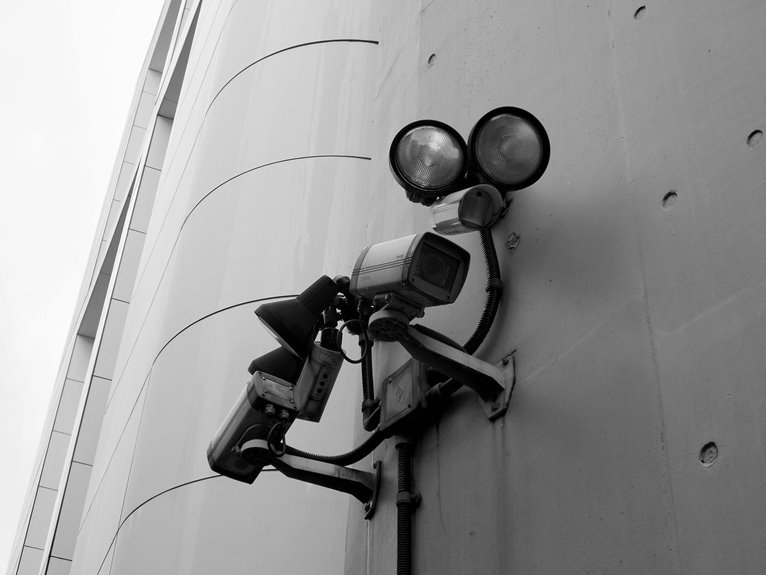
Automated System Stability Detection Layer 3931958733 3501744875 7865693570 3895661675 6162140305 3509985966
The Automated System Stability Detection Layer is like a vigilant guardian, always on watch for signs of instability within your systems. By harnessing advanced algorithms, it analyzes stability metrics in real time, pinpointing potential issues before they become critical. This proactive mechanism not only streamlines operations but also cuts costs related to unexpected downtime. As you consider its implementation, you might wonder about the specific features that set this detection layer apart and their implications for your systems.
Understanding the Automated System Stability Detection Layer
When you delve into the Automated System Stability Detection Layer, you’ll discover its critical role in maintaining system performance and reliability.
This layer continuously monitors stability metrics, allowing you to identify potential issues before they escalate. By analyzing trends and anomalies, it empowers you to optimize performance, ensuring your system operates efficiently and remains resilient in the face of fluctuations and unexpected challenges.
Key Features and Functionality
As you explore the key features and functionality of the Automated System Stability Detection Layer, you’ll find that its comprehensive monitoring capabilities are paramount.
It employs advanced key algorithms to analyze performance metrics in real-time, ensuring system integrity.
You’ll appreciate its ability to detect anomalies swiftly, providing you with crucial insights to maintain optimal stability and performance across your systems.
Benefits of Implementing the Detection Layer
Implementing the Automated System Stability Detection Layer offers significant advantages that enhance your operational efficiency.
You’ll experience cost savings through reduced downtime and maintenance expenses.
Additionally, this layer ensures enhanced reliability by providing real-time monitoring and quick response capabilities, allowing you to address issues before they escalate.
Ultimately, these benefits empower you to optimize resources and maintain system integrity effectively.
Future Trends in System Stability Automation
While many organizations have already begun to adopt automated systems for stability detection, the future of this technology holds even greater promise.
You’ll see advancements in predictive analytics and enhanced algorithms, enabling real-time adjustments and proactive measures.
As these tools evolve, you’ll gain unparalleled insights into system performance, ensuring resilience and adaptability in an ever-changing environment, fostering an empowered approach to system stability management.
Conclusion
Incorporating the Automated System Stability Detection Layer is like placing a vigilant guardian over your operations, always on the lookout for potential disruptions. By harnessing real-time analytics and adaptive algorithms, you’re not just enhancing reliability; you’re crafting a resilient framework that anticipates challenges before they arise. As you embrace this technology, envision a seamless flow of performance, where stability becomes second nature and operational costs dwindle, paving the way for a more efficient and robust future.




